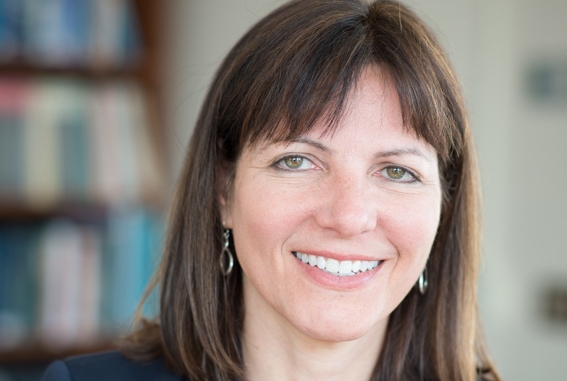Physicians are less likely than the general public to die in the hospital, new research from investigators at Weill Cornell Medicine, Brigham and Women's Hospital, and Mayo Clinic shows. The scientists say their findings demonstrate how doctors' knowledge about the efficacy and value of aggressive end-of-life care may affect their own treatment preferences when facing death.
For their research letter, published Jan. 19 in a special end-of-life-themed issue of JAMA, the investigators reviewed Medicare claims data and electronic death records for 666,579 people — including 2,396 physicians and 2,081 lawyers — who died at age 65 or older between 2004 and 2011 in Massachusetts, Michigan, Utah and Vermont. Their analysis found that physicians were less likely than the general public to die in a hospital, to have surgery, or be admitted to the intensive care unit in the last six months of their lives.
"Our analysis confirms what we've long speculated, which is that physicians, who are more likely to have first-hand experience with the burdens and futility of end-of-life care, are less likely to have surgery or be admitted to the ICU during the last six months of life, or to die in the hospital," said Dr. Joel Weissman, deputy director and chief scientific officer at the Center for Surgery and Public Health at Brigham and Women's Hospital and a professor of health policy at Harvard Medical School. "This information is extremely relevant to what is happening in the health field, especially now that Medicare has agreed to compensate doctors for the time they spend counseling patients about end-of-life care decisions."
The investigators looked at five validated end-of-life care intensity measures: surgery, hospice care, intensive care unit admission, death in the hospital, and expenditures. Overall, physicians were significantly less likely to die in a hospital compared with the general population (27.9 percent vs. 32 percent, respectively), less likely to have surgery (25.1 percent vs. 27.4 percent), and less likely to be admitted to the ICU (25.8 percent vs. 27.6 percent). The investigators also used these measures to compare physicians to lawyers, who are generally socioeconomically and educationally similar. Physicians were less likely to die in a hospital compared to lawyers (27.9 percent vs. 32.7 percent), but did not differ significantly in other measures.
"These results suggest two key points: When doctors themselves are facing death, they avoid intensive medical care, which we can assume is due to their knowledge of just how violent and futile those efforts typically are; and doctors and lawyers have the resources to enable them to die at home, which suggests that financial concerns and lack of caregiver availability may be barriers to dying at home for less educated and affluent patients," said co-senior author Dr. Holly G. Prigerson, co-director of the Center for Research on End-of-Life Care and the Irving Sherwood Wright Professor of Geriatrics at Weill Cornell Medicine. "The findings provide a form of doctor testimonial recommending less aggressive end-of-life care and highlight the need for economic and human resources to support home deaths."
"Patients often ask their doctors what they would do or what they would choose for their own family members," said Dr. Zara Cooper, a trauma surgeon, Center for Surgery and Public Health faculty member, and co-author of the letter. "This research could have a significant impact on clinical practice, especially in the way that healthcare professionals communicate with patients and family members about end-of-life care options."
With data about how doctors die now in the public domain, the investigators posit that physicians may feel more comfortable discussing the realities of aggressive end-of-life care with their patients.

